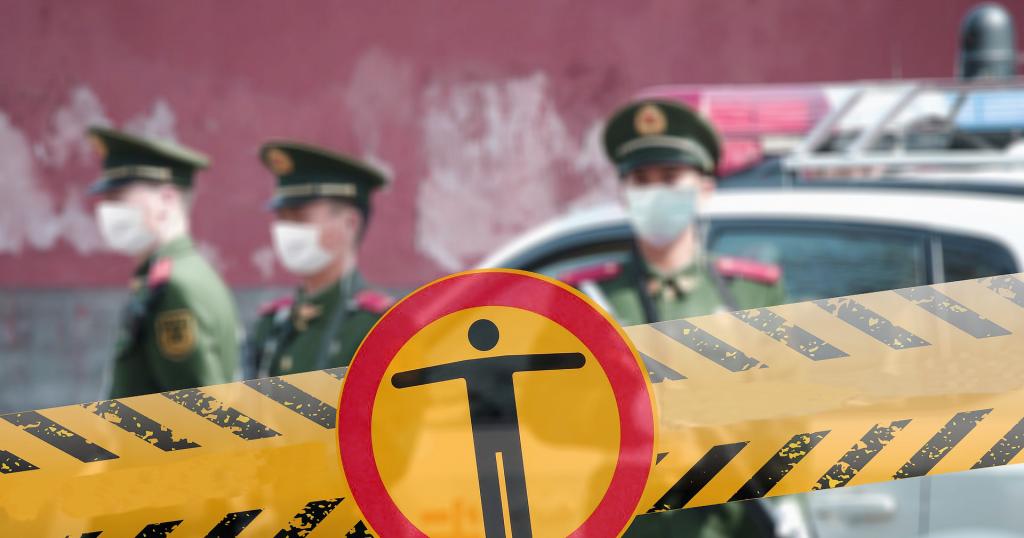More than 3.9 billion people, or over 50% of the world’s population are now on some form of lockdown, with growing military and police enforcement of regulations. Human Rights Watch has warned that some authoritarian states are using the COVID-19 crisis as an excuse to expand their powers, and has documented abuses linked to enforcement of lockdown and quarantine regulations in numerous countries. In South Africa, over 17,000 people have been arrested, with reports of abuse; abuses have also been reported in the United Kingdom, Kenya, Bangladesh, the Philippines and elsewhere. As the ranks of national guards and law enforcement forces swell to include volunteers and others who may have had limited training or professional experience, managing law enforcement may cause new challenges as their deployment stretches over weeks or months.
In some countries, the raft of new COVID-19 regulations include laws criminalising "intentional transmission" — though in the HIV experience, intentionality and even person-to-person transmission are extremely difficult to prove; criminalisation of HIV transmission has fueled stigma and discrimination, making it hard to persuade people to come in for testing and to seek care, and experts see no reason to believe this epidemic would be different. Opinio Juris posted a useful overview by Nina Sun and Livio Zilli of the issues.
In the European Union, Hungary’s Prime Minister has assumed sweeping new powers, including the ability to jail people who spread "false information" for up to 5 year sentences; it is feared that this could be used to target journalists, whistleblowers, or government critics. Over a dozen EU member states issued a statement criticising this move.
COVID-19 may fuel an increase in inequalities in numerous ways: in the United States, Senator Elizabeth Warren and Congresswoman Ayanna Pressley have urged attention to the need for racially disaggregated data on both the impact of COVID-19 on people of color, and their access to care.
In addition, I have begun raising questions about the human rights risks linked to mobile applications used for contact tracing: see more in this discussion on Twitter.
Additional guidelines and recommendations on human rights and COVID-19
- UNAIDS, Rights in the Time of COVID-19: Lessons from HIV for an effective, community-led response
- UN High Commissioner for Human Rights, COVID-19 guidance
- UNFPA, Technical guidance on COVID-19, Gender-based Violence, Sexual and Reproductive Health Rights and related issues
Recommendations from civil society organisations
- Feminist Alliance for Rights, Call for a Feminist COVID-19 Policy
- Human Rights Watch, Human rights dimensions of COVID-19 response
- KELIN, Advisory note on ensuring a rights-based response to curb the spread of COVID-19
Written by Sara Meg Davis, Special Advisor at the Global Health Centre, and first published on megdavisconsulting.



